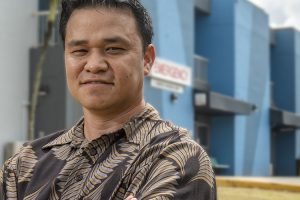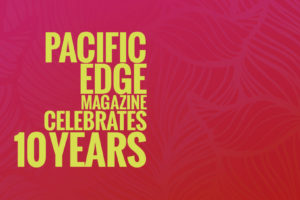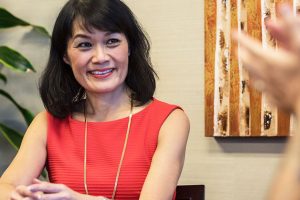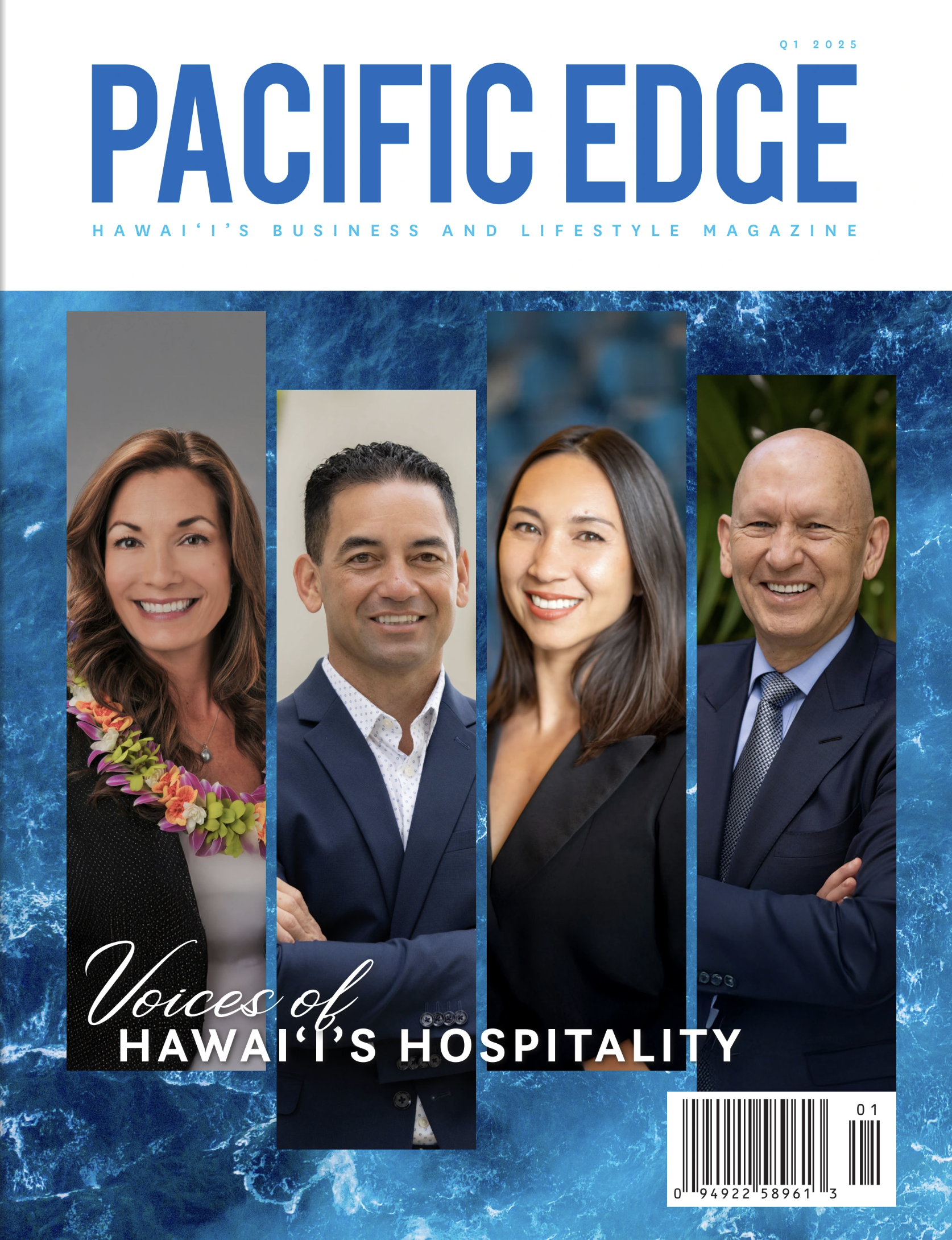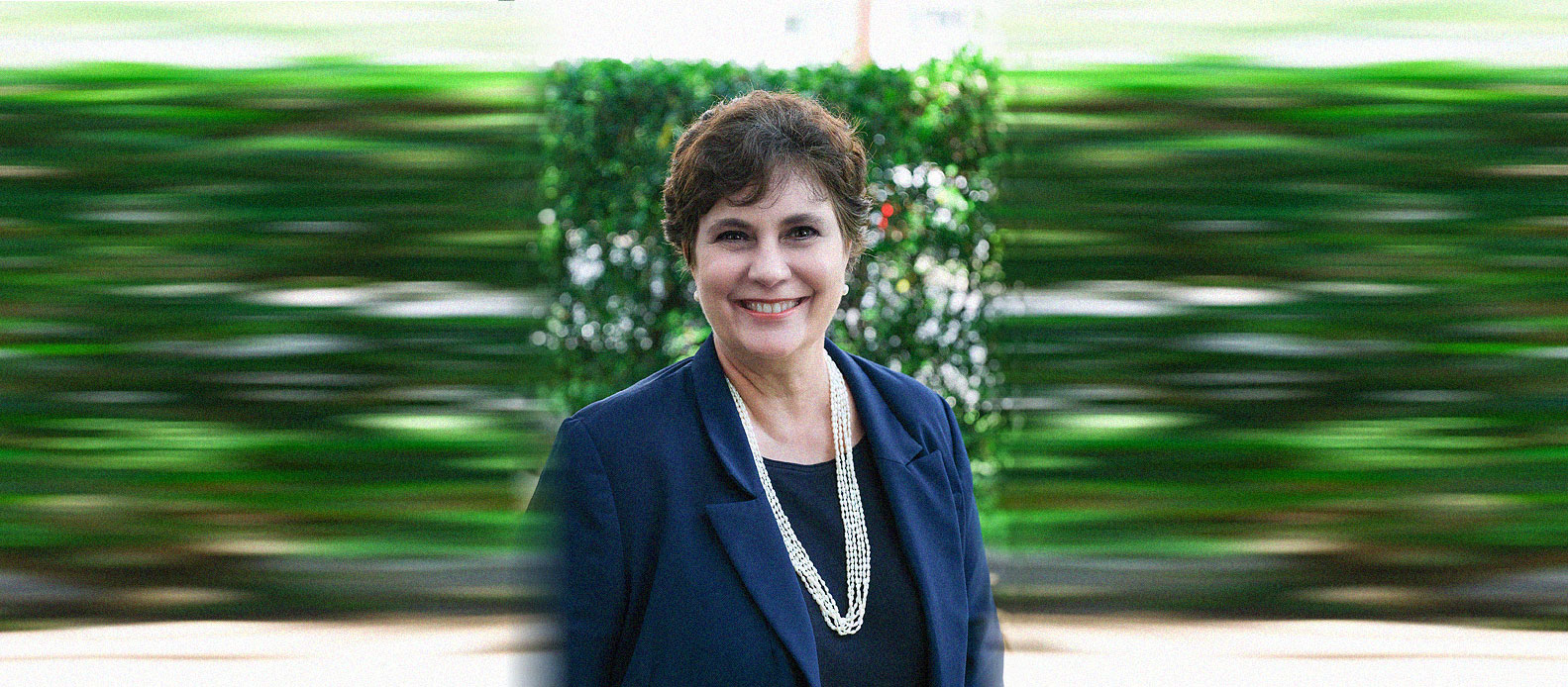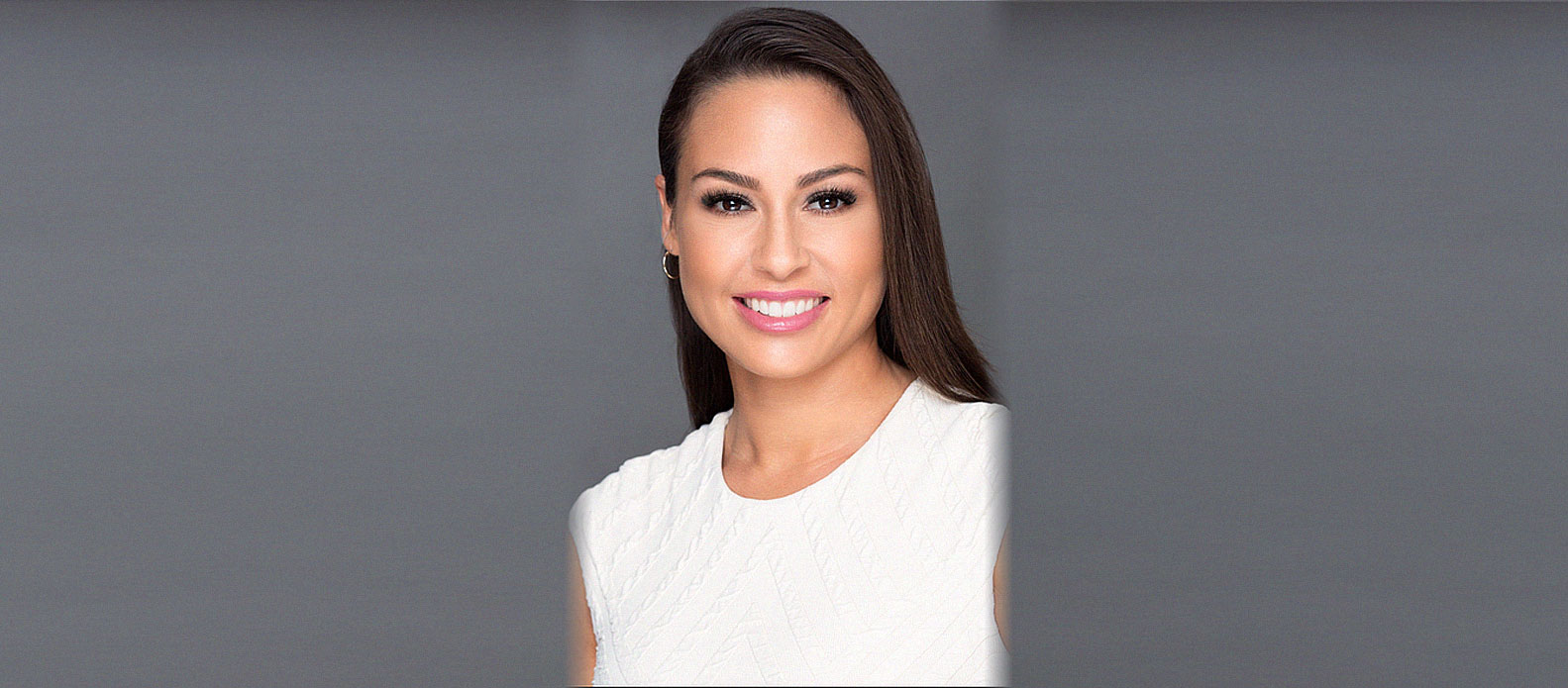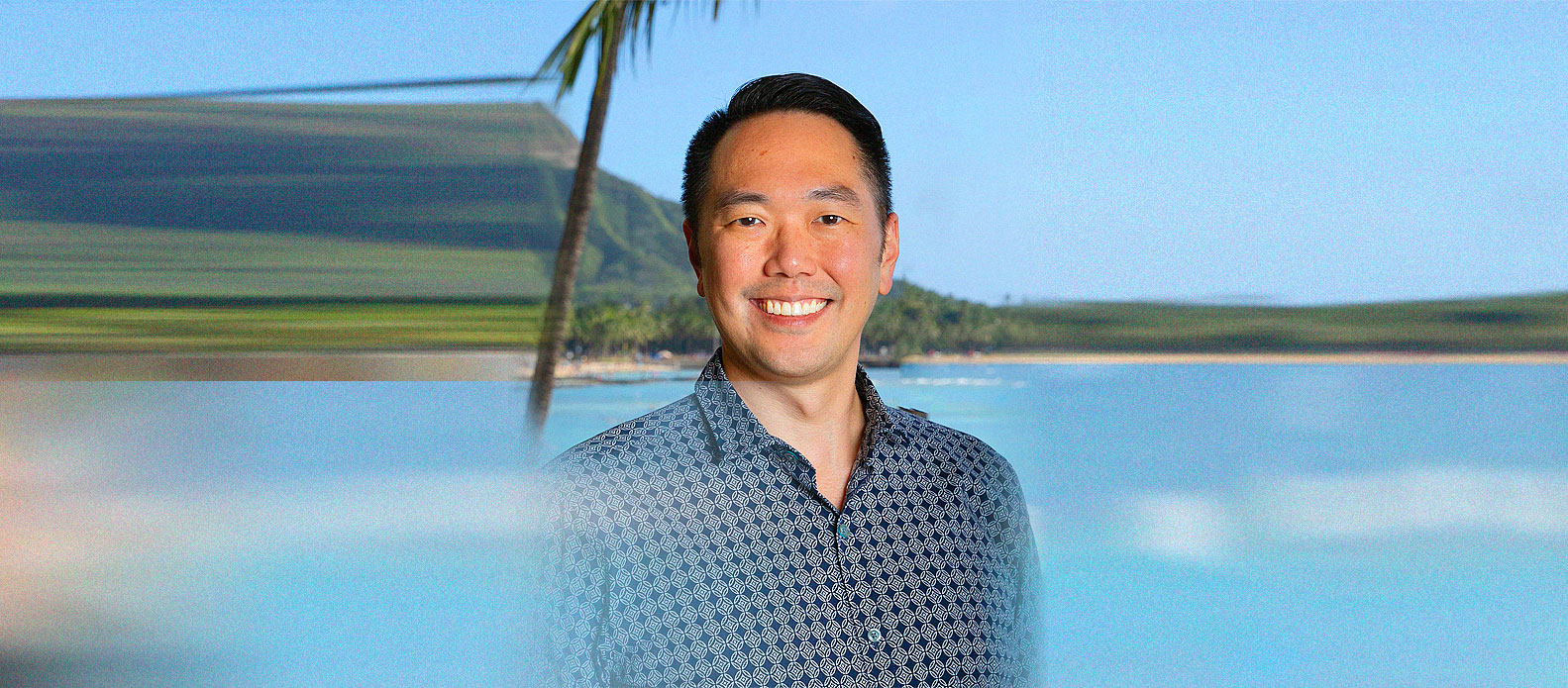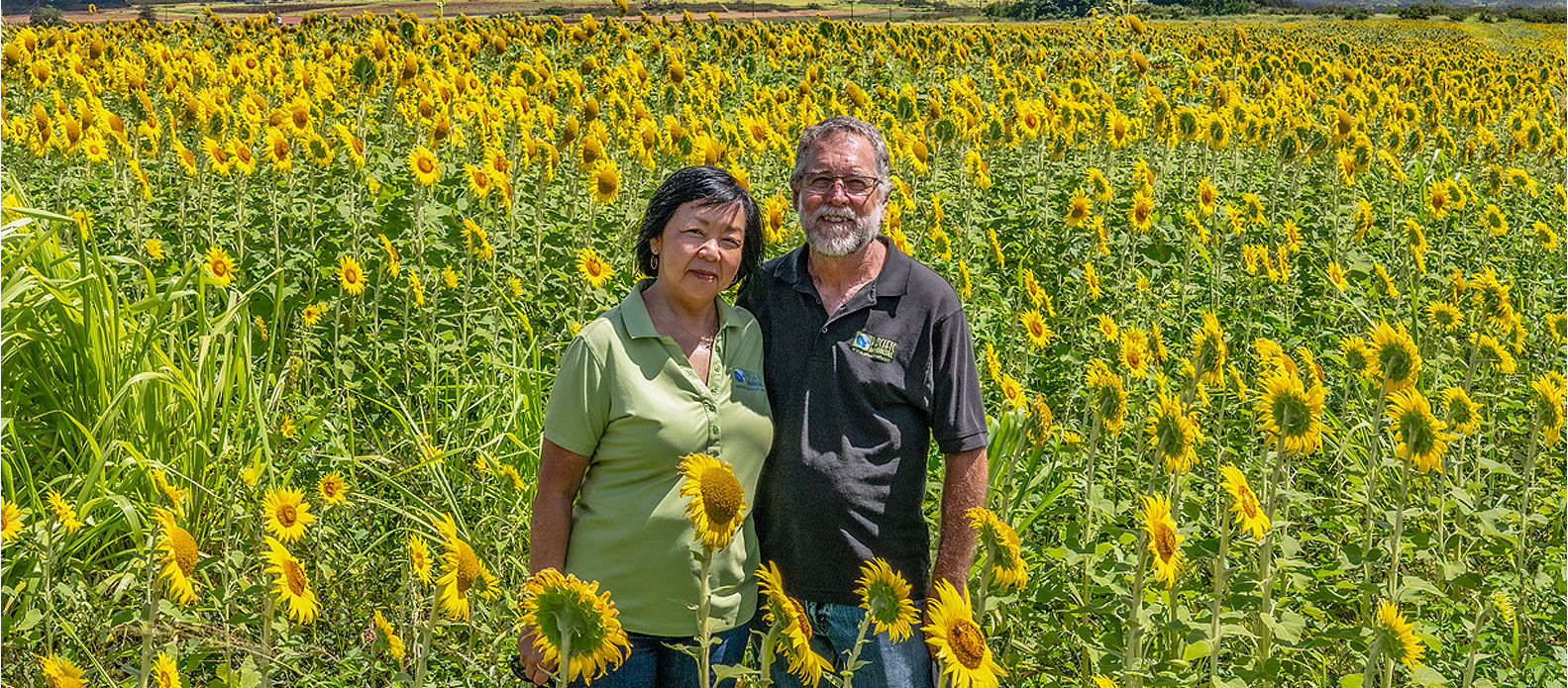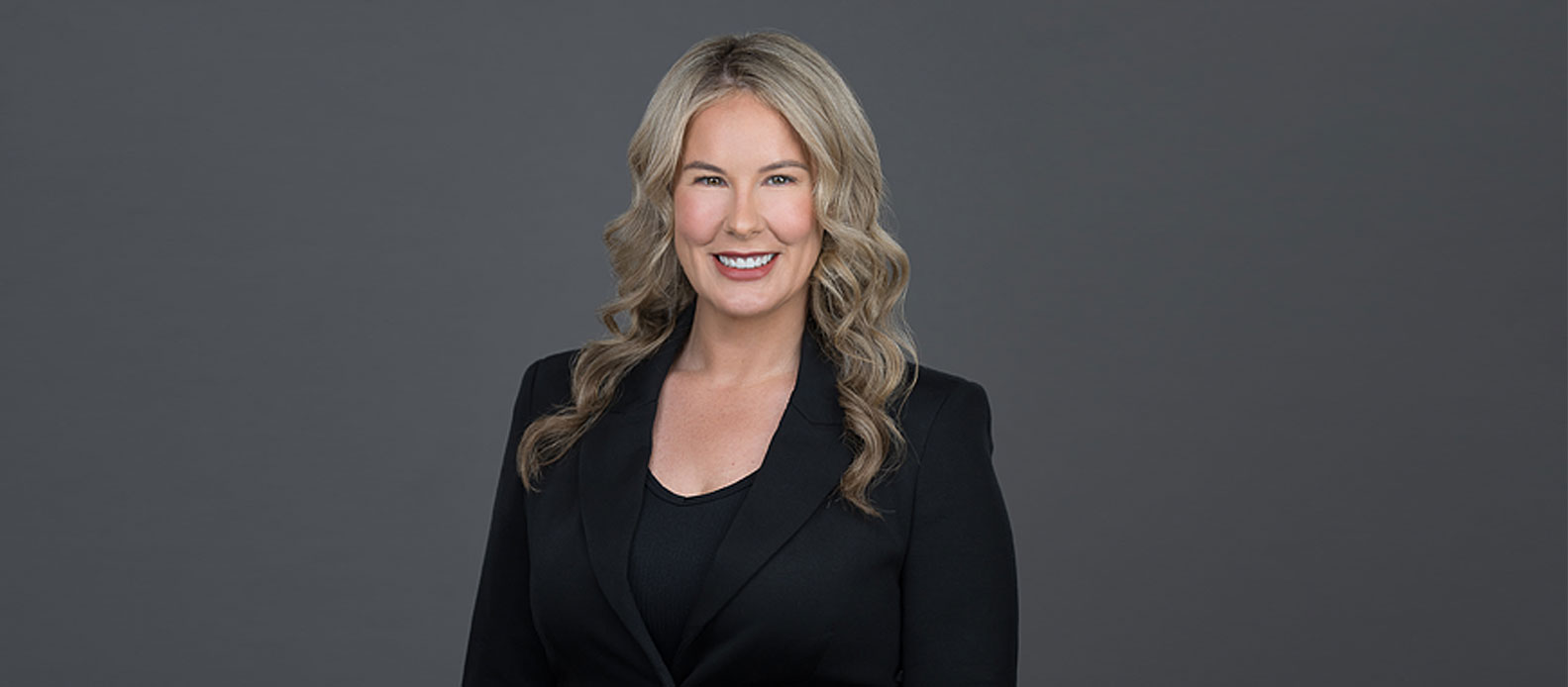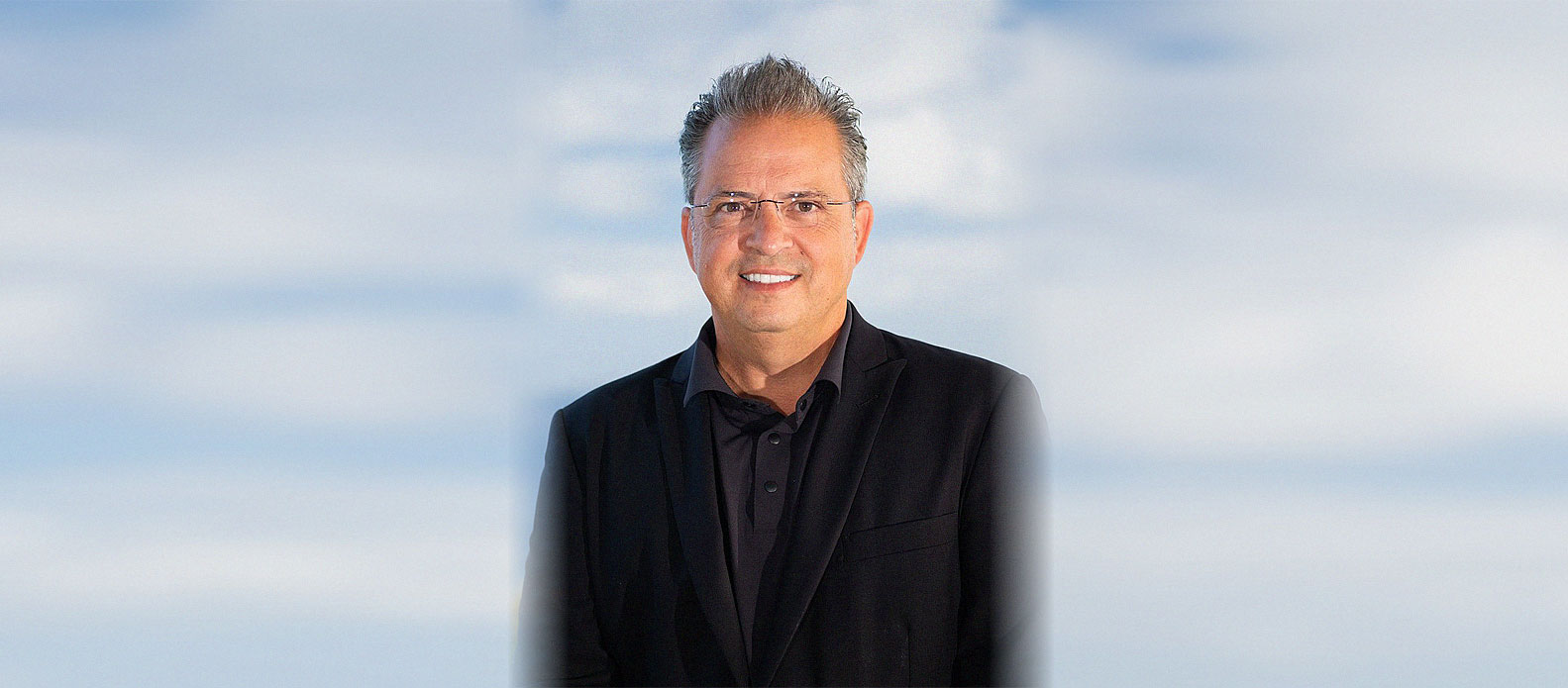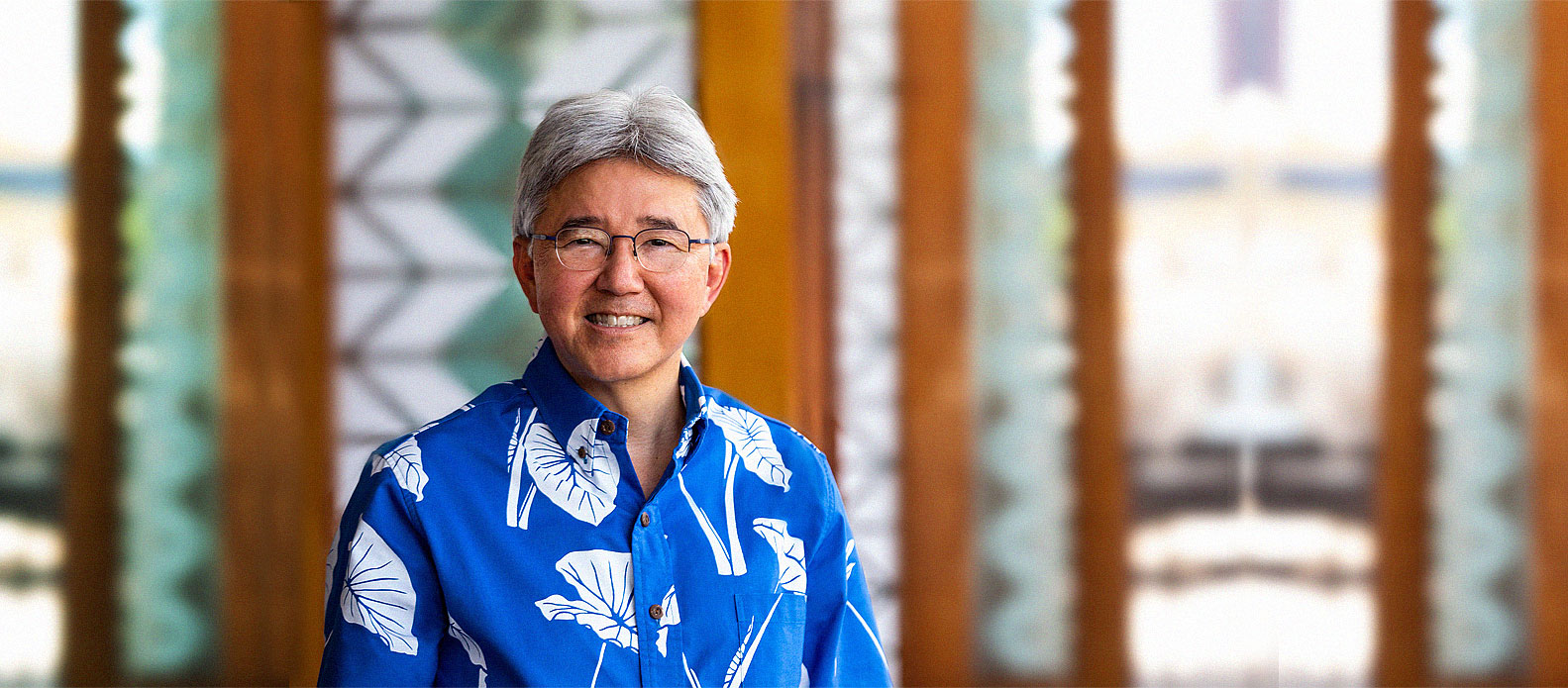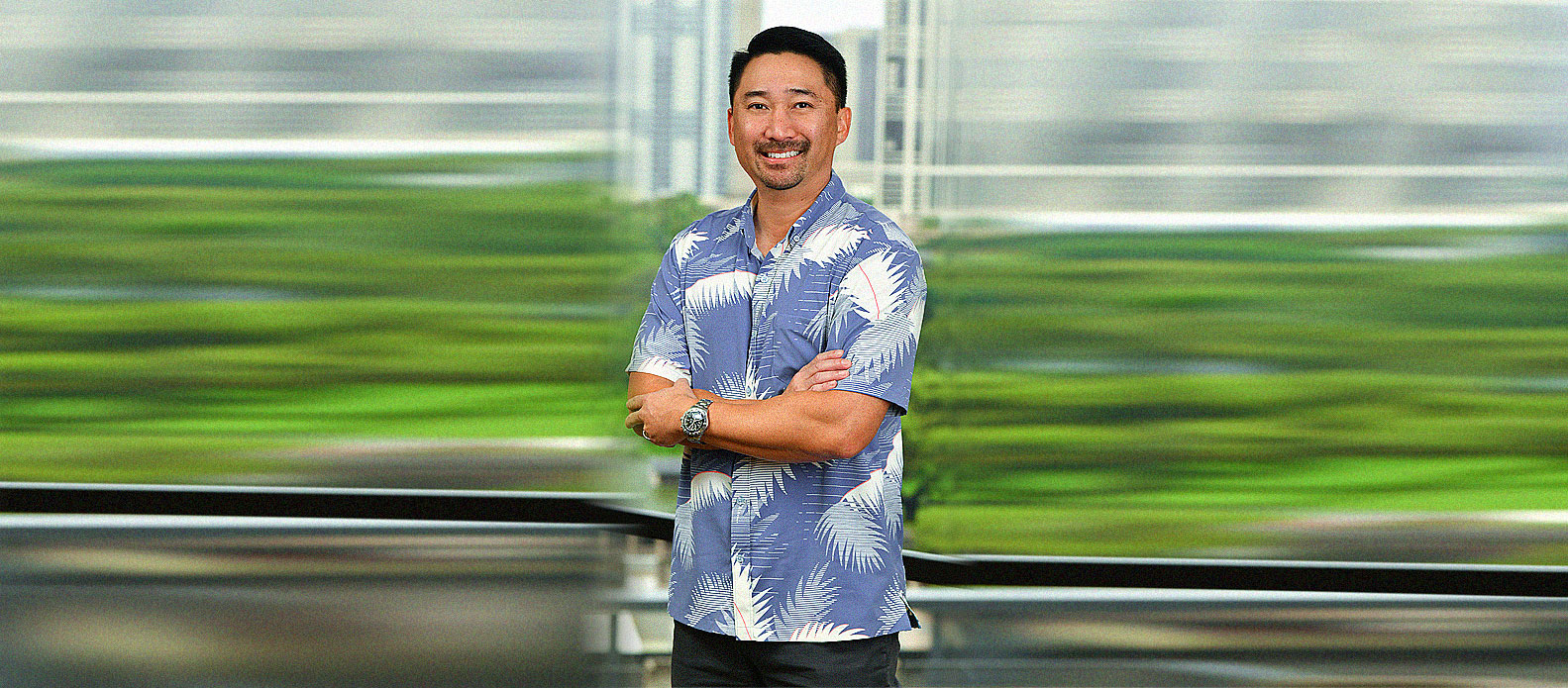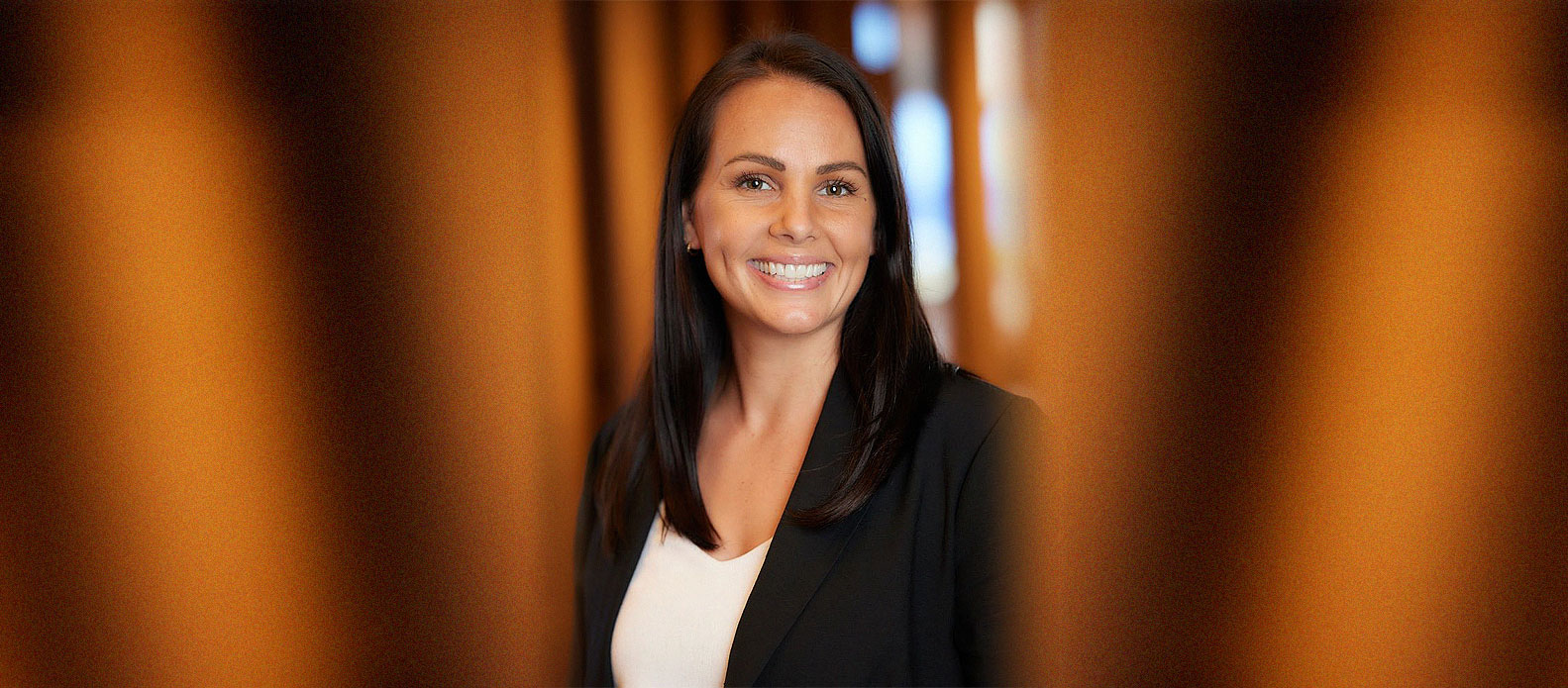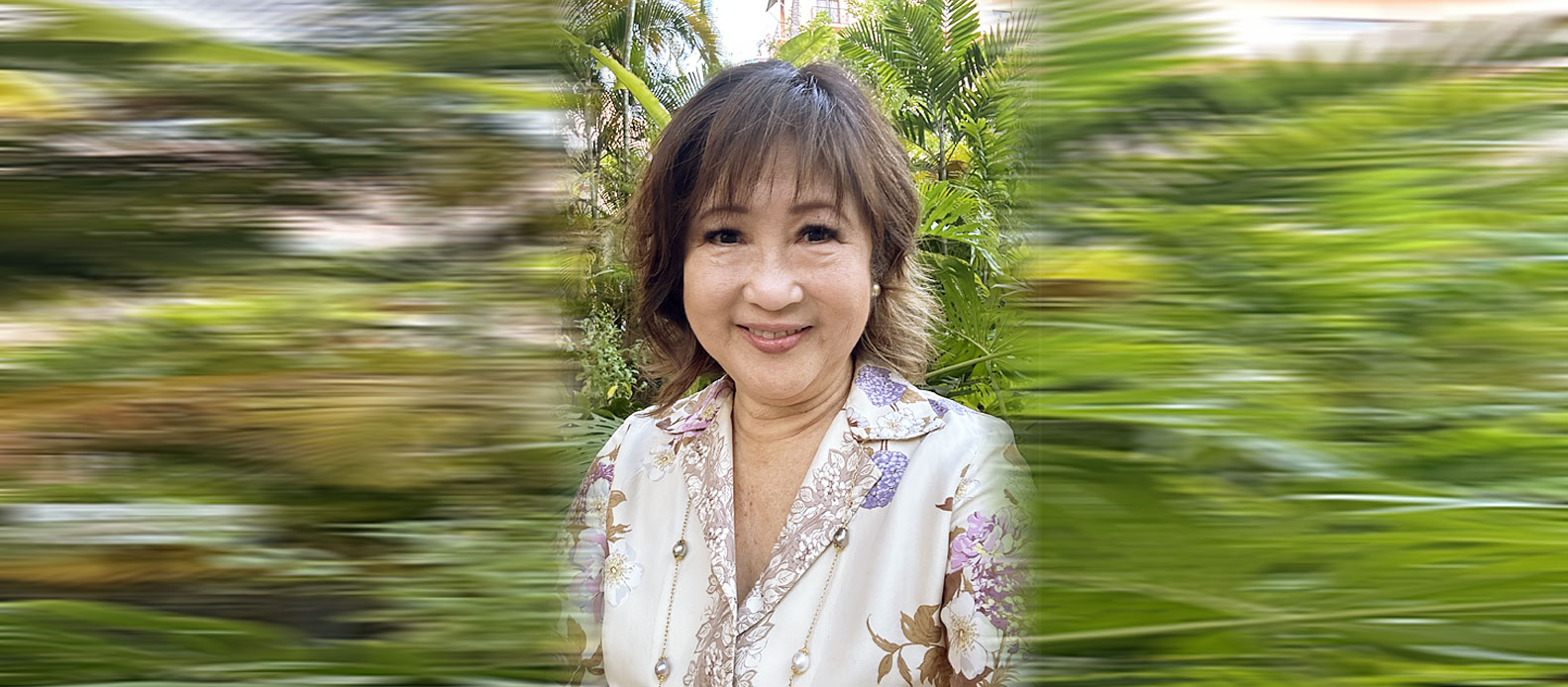Darrah Kauhane knew she wanted to make a career of helping those in need, but she was blindsided by her calling deploying life-changing vision care as executive director of the Hawaiian Eye Foundation. She’d spent years carving out a future instead in cancer research, serving in leadership positions with the American Cancer Society and working as a research assistant at the Fred Hutchinson Cancer Research Center in Seattle, where she became the youngest member of the University of Washington Medical Center’s Board of Directors only a year into her undergraduate studies in public health and community medicine.
Craving more hands-on patient interaction, Kauhane took up work as a clinical assistant and office manager at Sakamoto Eye Clinic while finishing up her master’s thesis on stem cell research at the University of Hawai‘i at Manoa’s Institute for Biogenesis Research. It was around then that she came across an article in the ‘Iolani School Bulletin about Dr. John Corboy, a veteran ophthalmologist who founded the nonprofit Hawaiian Eye Foundation to bring medical training programs and free eye surgeries to developing nations throughout the Pacific.
Eager to revisit the humanitarian work she’d gotten a taste of in undergrad, Kauhane did her first HEF mission trip to Bolivia and went on to devote more and more of her time to the organization’s sight-saving surgery and training expeditions until she was eventually offered a full-time position at HEF.
Today Kauhane does six to nine international missions a year, though she insists the real value of her work overseas is what happens after she and her team leave the communities they serve. The Imperial City Eye Meeting that HEF hosts in Vietnam is one of the largest eye surgical training programs in Asia, and the organization is gearing up to launch its continuing medical education program in Cambodia this October.
“There’s no greater gift you can give than the gift of sight.”
Modeled after the Royal Hawaiian Eye Meeting Dr. Corboy launched 40 years ago—still the third-largest ophthalmology conference in the world—HEF’s training programs are a critical part of its mission to grow the ophthalmology profession and build subspecialties in parts of the world lacking much-needed eye care expertise.
“We want to teach locals how to care for their own people,” Kauhane says, an initiative that includes training local doctors in addition to establishing self-sustainable eye clinics in places where HEF has established an ongoing presence. The foundation also utilizes telemedicine and awards training scholarships to one Vietnamese student and one Burmese student each year in the interest of feeding expertise back into those countries in the long term.
Though HEF founder Dr. Corboy performed free eye surgeries in Hawai‘i throughout his career, the primary focus of his nonprofit Hawaiian Eye Foundation has been restoring eyesight for patients overseas. “My goal when I signed on as executive director was to do more of that work in Hawai‘i,” Kauhane says.
Supported by a five-year grant from the Atherton Family Foundation, HEF’s local nonprofit work is carried out in close partnership with Project Vision Hawaii, an organization that provides vision-screening services to underserved communities statewide.
Working with Project Vision Hawaii and other local partners, HEF is helping to bring more of its services to uninsured and underinsured populations here in Hawai‘i, particularly in remote areas on the neighbor islands. “Working with Project Vision, we realized there were all these gaps of people who weren’t getting the care they need,” Kauhane says.
A safety hazard for kupuna and a barrier to entry for keiki whose confidence and abilities are compromised by not being able to see, lack of vision is essential to helping people from all walks of life reach their full potential, Kauhane says.
And whether it’s access to glasses, treatment or surgery, she believes HEF’s services are low-hanging fruit when it comes to transforming people’s lives and improving the health of our community. For the homeless, it could mean the difference between staying on and getting off the streets. “These are services that should be available to everybody, regardless of their finances or situation,” Kauhane says.
To raise awareness about HEF’s mission and make a dent in the backlog of local patients in need of care, HEF launched Cataract Days, when participating eye care providers can donate their time and services to conduct free cataract surgeries for those unable to afford the procedures on their own. Now in its second year, Kauhane hopes the project will inspire more local eye surgeons and eye care companies to get involved on a continuing basis. “The goal is to work our way out of a job,” she says.
“I still get teary-eyed every time we’re able to impact a patient’s life,” Kauhane says. “I really believe there’s no greater gift you can give than the gift of sight—of health and independence, of being able to provide for your family or provide a young child a future.”
darrah@hawaiianeyefoundation.org

